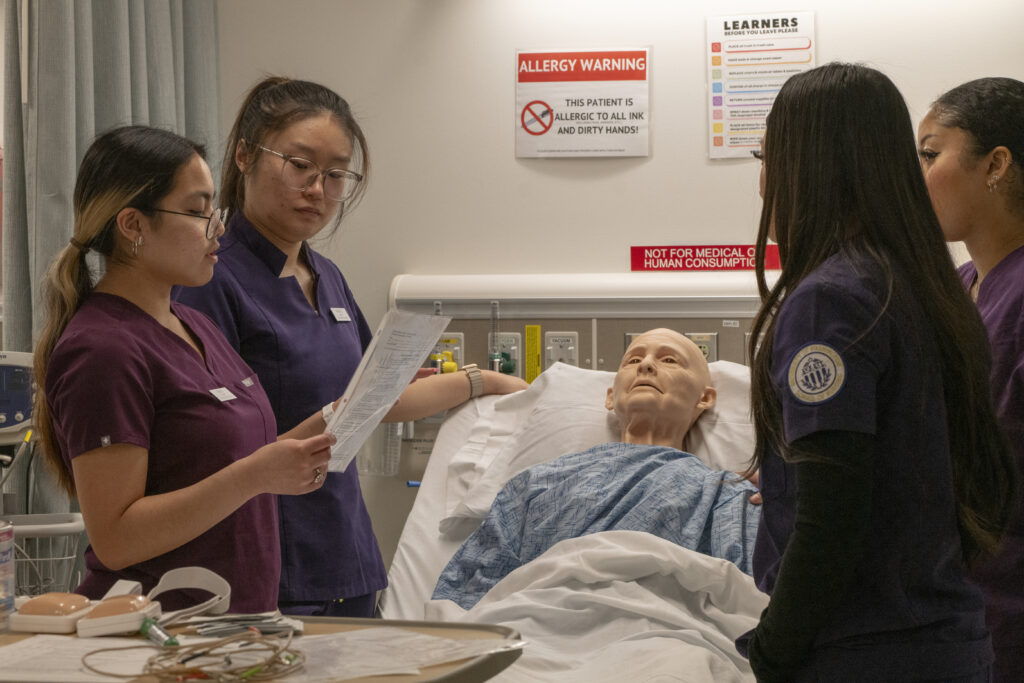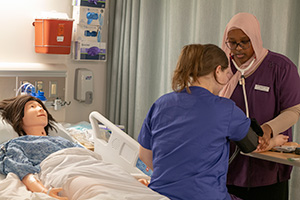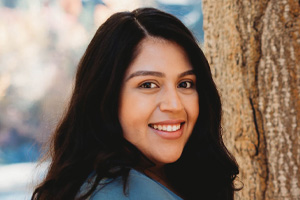
Start your journey where excellence meets impact
Our prelicensure Bachelor of Science in Nursing (BSN) program offers students a rigorous education taught by cutting-edge researchers, clinical experts, and health equity leaders. The BSN program at the UW Seattle Campus is a two-year professional program that prepares you for a career as a registered nurse. We prepare students for the full spectrum of nursing practice, from community care to hospital bedside. Among nationally top-ranked schools offering a BSN, our program’s emphasis on leadership and innovation equips students with the skills needed to impact the future of healthcare positively.
What makes our program unique?
Interested in learning more? Join an upcoming online information session or contact us at asknursing@uw.edu to find out if this program would be a great fit and how to create a quality application.
BSN students begin as college-level juniors, having already completed 90 quarter/60 semester college-level credits or a previous bachelor’s degree in a non-nursing field. A solid foundation of science and humanities prerequisite coursework sets you up for success in our program.
The BSN is a full-time program, including:
- academic coursework focused on critical thinking, care and therapeutics, and healthcare resources
- in-class lecture with experienced nurses and researchers
- clinical simulation exercises in our Learning Lab, and
- supervised direct patient care in the field
Many of our BSN graduates continue on to graduate nursing study and careers in research, administration, and education.
The BSN program prepares graduates to:
- Integrate concepts from the arts and sciences in promoting health and managing complex nursing care situations.
- Apply leadership concepts, skills, and decision-making in the provision and oversight of nursing practice in a variety of settings.
- Translate principles of patient safety and quality improvement into the delivery of high-quality care.
- Appraise, critically summarize, and translate current evidence into nursing practice.
- Integrate knowledge, processes, and skills from nursing science, information and patient care technologies, and communication tools to facilitate clinical decision-making and the delivery of safe and effective nursing care.
- Describe the effects of health policy, economic, legal, political, and socio-cultural factors on the delivery of and advocacy for equitable health care.
- Demonstrate effective professional communication and collaboration to optimize health outcomes.
- Deliver and advocate for health promotion and disease prevention strategies at the individual, family, community, and population levels.
- Demonstrate value-based professional behaviors that integrate altruism, autonomy, integrity, social justice, and respect for diversity and human dignity.
- Demonstrate critical thinking, clinical decision-making, and psychomotor skills necessary for the delivery of competent, evidence-based, holistic, and compassionate care to patients across the lifespan.
- Demonstrate critical interrogation of positionality, recognition of implicit biases, as well as knowledge and application of anti-racism principles to promote health equity.
- A cumulative Grade Point Average (GPA) of 2.0 for all completed college-level coursework
- Completed 90 quarter-hour credits by the time you begin the BSN program, including:
- At the time you submit your application, at least three of the Natural Sciences prerequisite courses with a cumulative GPA of 3.0 or higher for those courses, or four Natural Sciences courses with a minimum cumulative GPA of 2.8 for those courses
- A minimum grade of 2.0 (“C”) in each BSN prerequisite course, including all Natural Sciences courses, Lifespan Growth & Development, and Statistics
- At the time you submit your application, completion of a minimum of 100 hours of paid or volunteer health care experience in one setting within a three-month span, completed within 12 months before applying
- A clear understanding of the Registered Nurse (RN) role
- Proof of English language proficiency
- Transcript evaluations are required for international college-level coursework completed.
If you have completed some or all of your coursework outside of the United States, visit our International Applicants page for additional application guidelines.
Hear application advice from two of our BSN students
“My favorite memory of my nursing education has to be my senior practicum. It was such a positive experience and provided me with so many learning opportunities. It also solidified what field of nursing I want to go into.”
Day in the Life

What’s it like being a BSN student?
Alumni Story

Karissa Sánchez-Valdivia, BSN ’16, is working to make a difference with migrant farmworkers in Yakima.